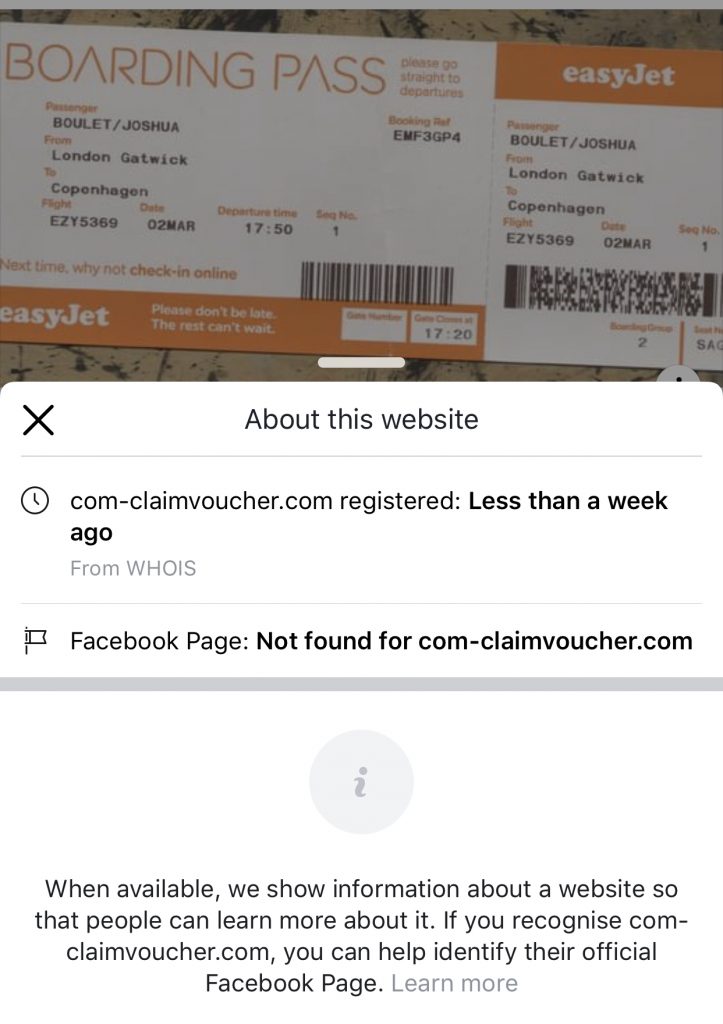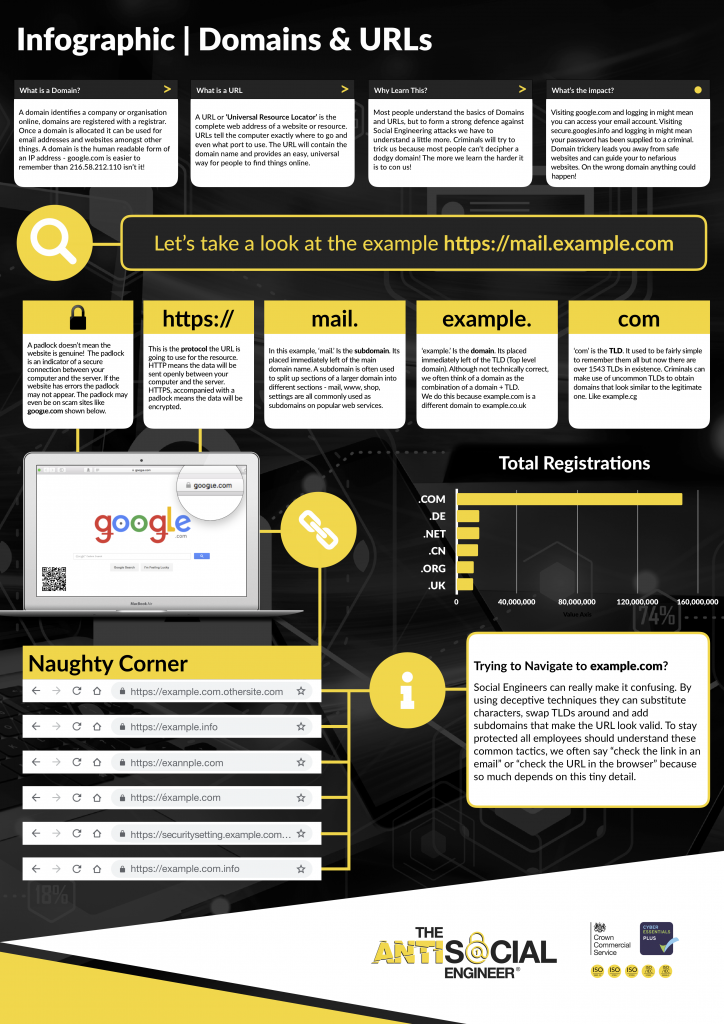If there is one thing that always impresses me it’s the ways scammers rotate what they do, many marketing teams could learn a thing or two by watching this. Scammers are always the first ones to exploit seasonal events. Be it a half price Christmas gift in December or a tax refund in April you can rest assured they are waiting by the calendar.
It almost feels like the first weeks of summer in the UK this month, with some occasional sun and the first occasional dry day and they are at it again. This time with holiday offers that are too good to be true:

It really does strike me as odd that a company that pioneered data aggregation and machine learning over the last 10 years can’t stop common scams like this. It almost seems that they are quite happy taking the money for such adverts and scammers but would like to avoid the hard work to protect their users, or any work that could harm the coffers really. They could do the leg work to restrict adverts like the one above from being placed in front of their customers.
Complicit in Crime?
So what could Facebook do stop scams like this I pondered, well they could look into the domain and also a little more into their presence online… oh it appears they do this already:

This all seems like a massive failure in logic?! They know it’s a brand new domain, they know it doesn’t even have a Facebook page associated, they know the subdomain is impersonating a common brand… but they are more than happy to allow the content on the platform and be spread by their users. We have seen similar events recently with their content algorithm unable to stop the spread of the horrendous NZ shooting, but a Vice reporter who classed himself as a ‘script kid’ recently on Twitter could build a system to spot a weapon in a video with ease. After a few years you’ve got to step back and consider activity like this on their platform is exactly what want, it’s engaging, viral, draws people on to the platform and goes towards paying their bills like all the other genuine content.
But what do the Customers Think?
We reached out to EasyJet to ask them what they thought about their brand being used in such a blatant scam online:
EasyJet is aware of fake Facebook competitions and can confirm they are not a genuine easyJet ticket giveaway. When we are aware of this we post on our own Facebook page to warn customers of this. Genuine competitions of this nature will only be hosted on easyJet’s official Facebook page. There are a number of posts of this nature currently mentioning a number of airlines and we encourage customers to flag these to us so we can work to get them removed.
An EasyJet Spokesperson
It can’t be easy for EasyJet (sorry I tried not too) to stop these scams and it does seem that they are doing what they can. Often it is completely out of their control, but they must be frustrated by this activity too.
Stay Safe On Social Media
Now might be a great time to brush up on domains and how they can be created to trick you online. The one in the pictures above makes use of ‘easyjet.com’ but this sub domain could be any common brand or service. Check out our Infographic on the topic here:

RECEIVE OUR NEWSLETTERS
BLOGS • SECURITY NEWS • EVENT INVITES • COMPANY NEWS • TIPS AND ADVICE


